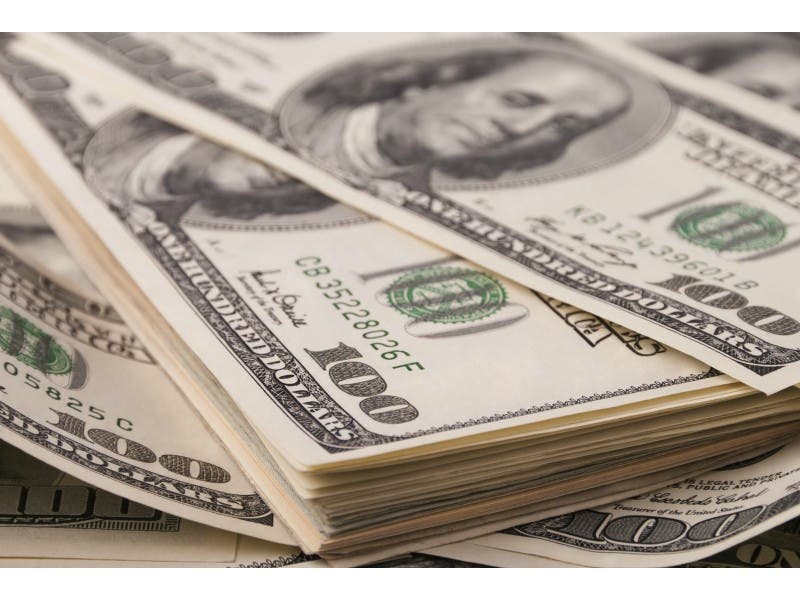Business & Tech
The 'Amazon Tax' and Credit Card Chips: Your Questions Answered
Michigan State is undergoing two huge transformations in retail shopping starting Thursday. Be prepared.

Shoppers and retailers in Michigan will face two big changes starting Thursday related to sales tax and liability for credit card fraud.
The first change, the new “Main Street Fairness” law, will force some online shoppers to pay more in sales tax when buying from large online retailers, reported Mlive.com. This has also been referred to as the “Amazon tax.”
Find out what's happening in Hartlandwith free, real-time updates from Patch.
The second change affects retailers country-wide. Oct. 1 marks the deadline when liability for credit card fraud will be placed on retailers who have not adopted new EMV card technology.
Here are some key questions answered about these two big changes:
Find out what's happening in Hartlandwith free, real-time updates from Patch.
Why Will Online Shoppers Have to Pay New Sales Taxes?
Technically the sales tax isn’t new, reported Mlive. Shoppers were charged with self-reporting purchases made from out-of-state retailers in the past. That didn’t happen very often. In 2013, state officials only collected about 2.5 percent of taxes due, reported the Detroit Free Press.
In January, Gov. Rick Snyder signed a bill requiring out-of-state retailers with any sort of physical presence in Michigan to collect a 6 percent sales tax at the time of a transaction.
Who Will the New Law Affect?
The “Main Street Fairness,” law will affect everyone in Michigan. Online shoppers using large out-of-state retailers such as Amazon will pay a 6 percent tax that they could avoid before Thursday.
Retailers will also be affected.
The new legislation is designed to level the playing field and benefit in-state, brick-and-mortar retailers who have always charged the tax. Now that tax is even across the board, shoppers may be more inclined to shop at a local store rather than order the same thing from Amazon or another e-retailer.
The Government will also see a payday. Remember, only 2.5 percent of tax revenue due to the state was actually being collected.
What Is EMV Technology?
Basically, it is a technology that will make shopping with a credit or debit card more secure. You may have seen a computer chip on the left side of new cards, these chips change the way you use your card and how secure transactions are, according to Time.
Physically, paying with a card will be different. Cards with new chip technology require a new terminal to pay with. These machines require shoppers to insert their cards into the machines, rather than swipe them. This method generates a unique signature for each transaction, greatly increasing security from fraud.
What Exactly is Changing on Oct. 1?
If you don’t have a card with EMV technology, you should still be able to shop after Oct. 1.
The real shakeup will occur at the retailer level, as Thursday marks a shift in liability for fraud. After Oct. 1 any retailer that does not have new machines installed will be held liable if a shopper’s card information ends up stolen. The reverse is true as well. If a bank does not hand out cards with EMV chips, and a retailer has the correct machine, the bank will be held liable, according to Time.
The transition won’t be rapid. Carolyn Balfany, a security expert for MasterCard told Time that about 65 percent of all cards will have a chip and about 40 percent to 50 percent of merchants will have the necessary terminals by the end of the year.
The customer, as always, will be protected from being held liable for fraudulent charges.
Get more local news delivered straight to your inbox. Sign up for free Patch newsletters and alerts.